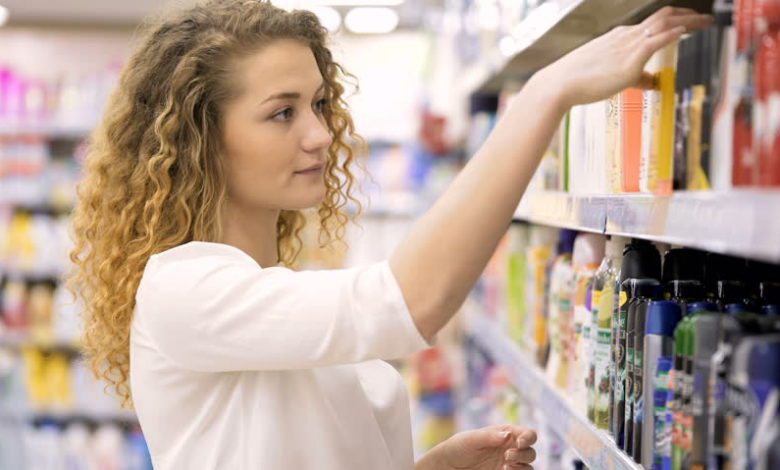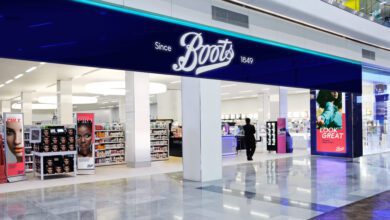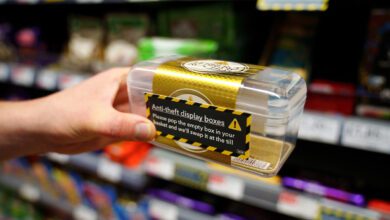Analysis
Consumers prefer face to face when it comes to buying cosmetics
By Jacqueline Junke, market lead UK at global market research company Appinio

There’s no doubting e-commerce’s convenience. Next-day delivery used to be the pinnacle of fast, efficient service but with the growing range of same-day delivery options and even within-the-hour services in the grocery space, any whim can be sated in a matter of minutes.
You'll need to
subscribe to unlock this content. Already subscribed? Login?







